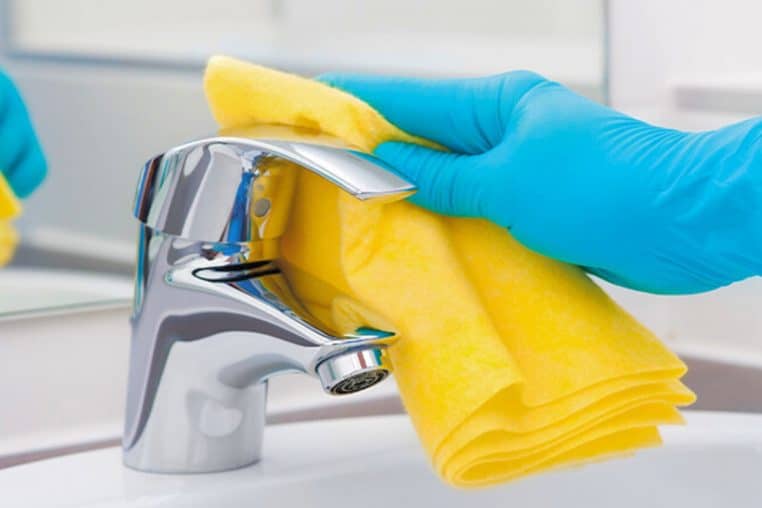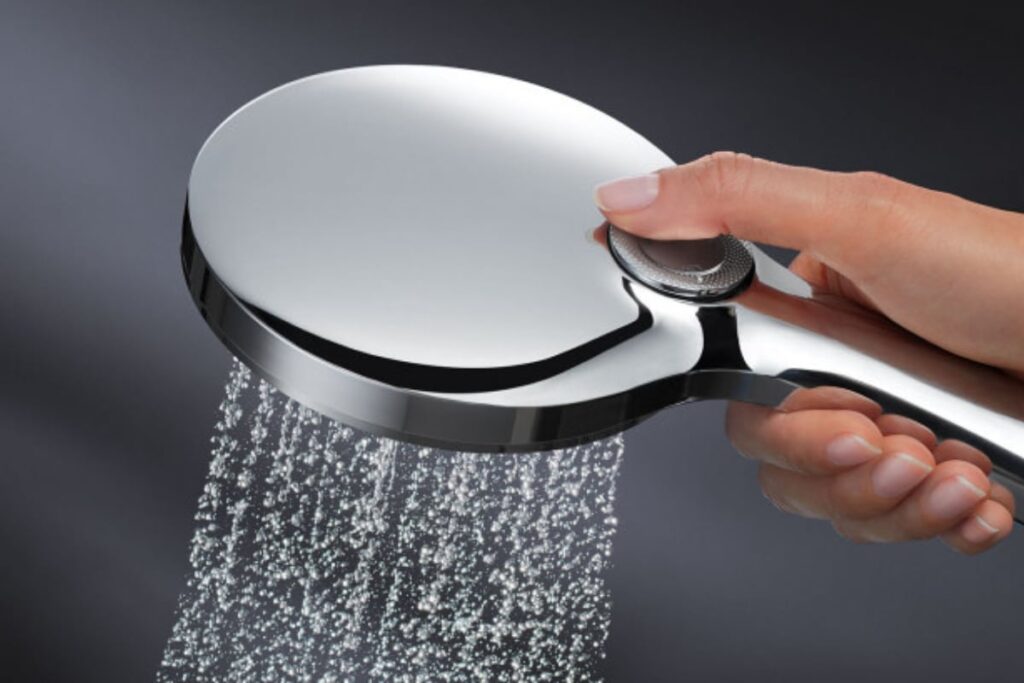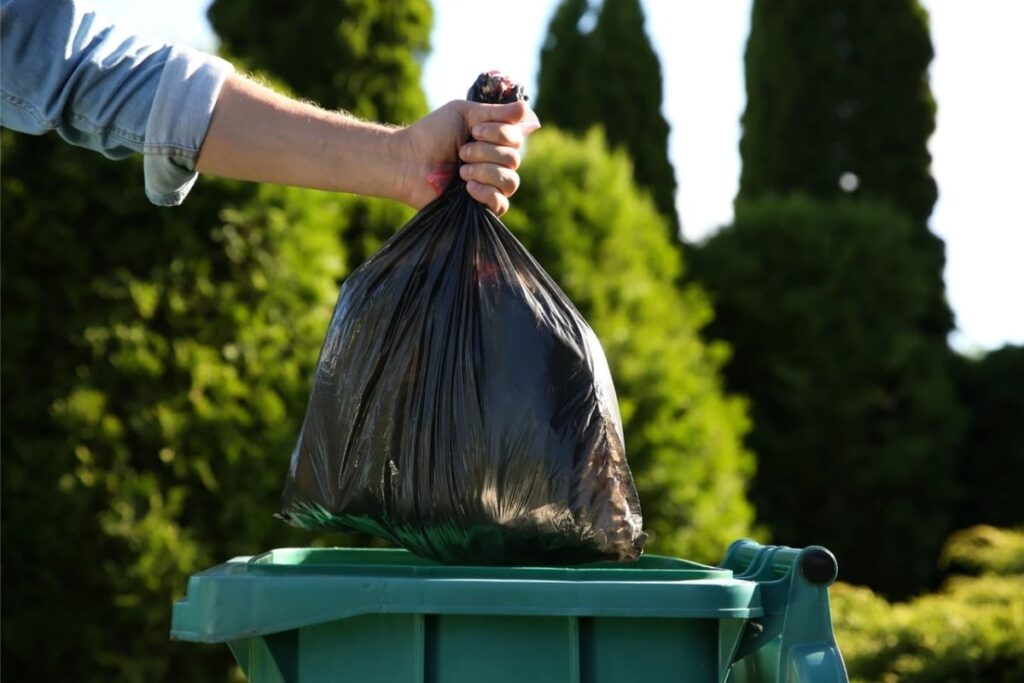We often think of the bathroom as the dirtiest place in the house. However, several scientific studies reveal that a much more discreet object found in every kitchen holds the highest levels of contamination. The worst part? You probably use it daily without any suspicion.
🍽 The danger hides in your sink
At the heart of your kitchen lies the dirtiest item in your home: the sponge. Behind its seemingly innocent appearance, it harbors a veritable army of bacteria. A study published in Scientific Reports demonstrated that a single sponge can contain up to 50 billion bacteria per cubic centimeter, far more than a toilet seat, a smartphone, or a doorknob.
Why such a level of contamination? Because the sponge provides all the perfect conditions for bacteria: warmth, moisture, organic residues, and very little oxygen. It quickly becomes an ultra-efficient bacterial incubator, where germs like salmonella, E. coli, and listeria thrive—all of which are linked to digestive issues and even serious infections.
Every time you use it to wipe a cutting board, a plate, or a countertop, you transfer these bacteria from one place to another without even realizing it. This is how cross-contamination occurs, increasing the risk of foodborne illnesses.

⚠️ Disinfecting your sponge: a false good idea?
One might think that a quick pass through the microwave, or a soak in boiling water, would suffice to disinfect a sponge. In reality, these methods only partially reduce bacterial presence, without completely eliminating it.
Research has shown that up to 40% of the most resistant bacteria survive these treatments. Worse still, some strains, when exposed to moderate heat, may even become tougher. Partial heating in the microwave creates a natural selection effect, where only the most resilient survive, ready to multiply again as soon as the sponge becomes damp.
The result: by thinking you are “cleaning” your sponge, you may inadvertently create a super breeding ground for microbes that is even more dangerous. This highlights the importance of preventive measures and finding more effective alternatives.

💡 Alternatives for a healthier kitchen
In light of this observation, it is urgent to rethink our household tools. If a sponge is not replaced at least once a week, it poses a real health risk. To limit bacterial proliferation, several healthier—often more sustainable—solutions are available:
- Wooden dish brushes with natural bristles remain dry longer and do not retain food residues.
- Silicone cleaning cloths are flexible, easy to clean, dry in minutes, and harbor almost no germs.
- Microfiber cloths, washable at high temperatures, allow deep cleaning without detergent, while being gentle on delicate surfaces.
- Copper scrubbers, naturally antibacterial, are perfect for removing dirt without scratching.
Embracing these alternatives not only drastically reduces bacterial contamination, but also minimizes waste: fewer disposable sponges, more reusable materials—this is good for both the environment and your health.

🧼 A new routine for a healthier home
Reevaluating your home hygiene starts with simple yet essential actions. Changing or eliminating the sponge is a concrete first step toward a cleaner and safer kitchen. By replacing this small sponge square with a more hygienic solution, you significantly reduce the risk of contamination, particularly for children, the elderly, or immunocompromised individuals.
Remember, the kitchen is one of the places in the home where germs spread the fastest. Raw foods, damp surfaces, improperly washed hands… the risk factors are numerous. Good hygiene also involves well-chosen utensils that are regularly cleaned and do not themselves become sources of bacteria.
Yes, sponges are convenient. However, given what they carry daily, they are far from being your ally. In fact, they could even be one of your health’s greatest silent enemies.








